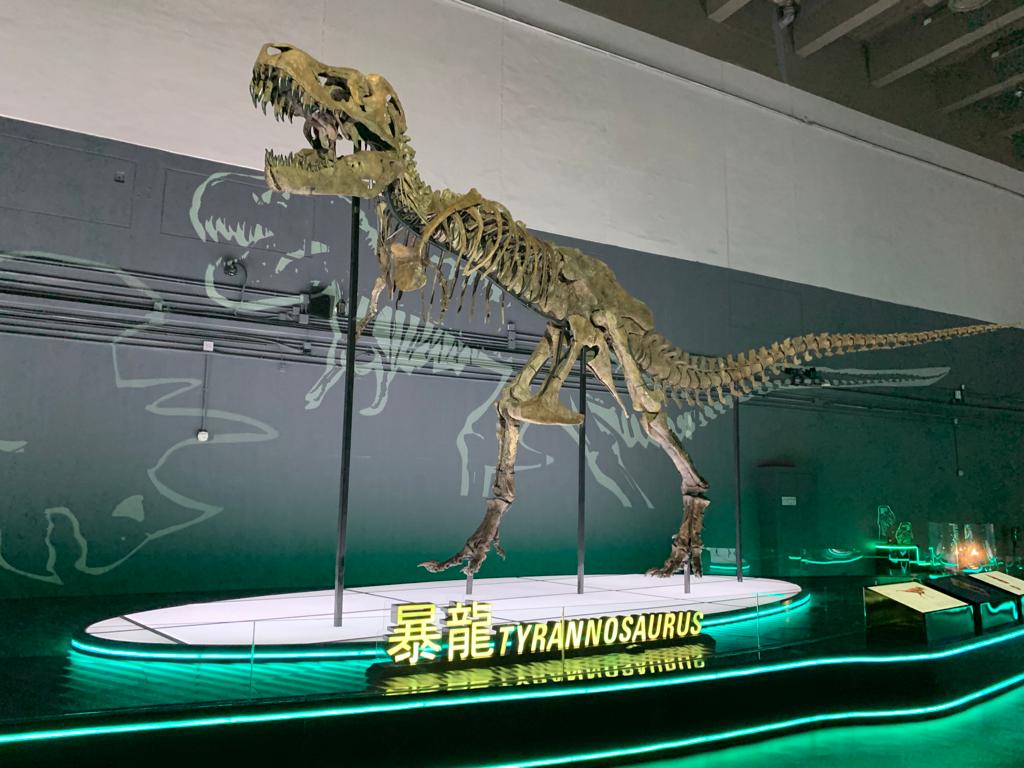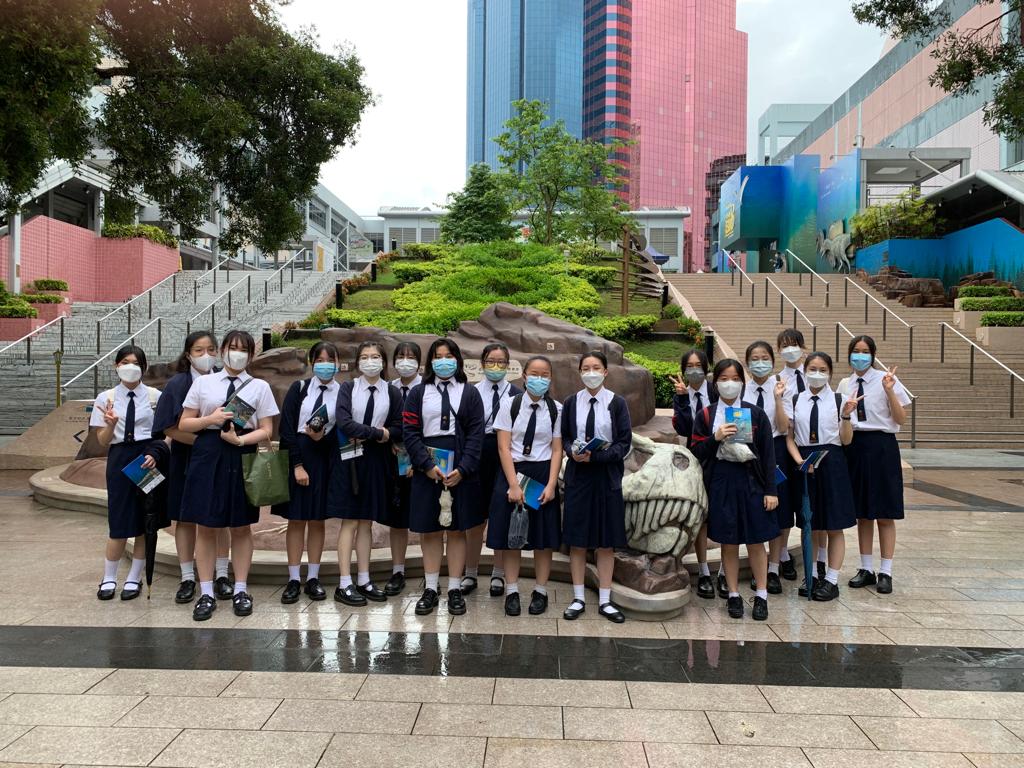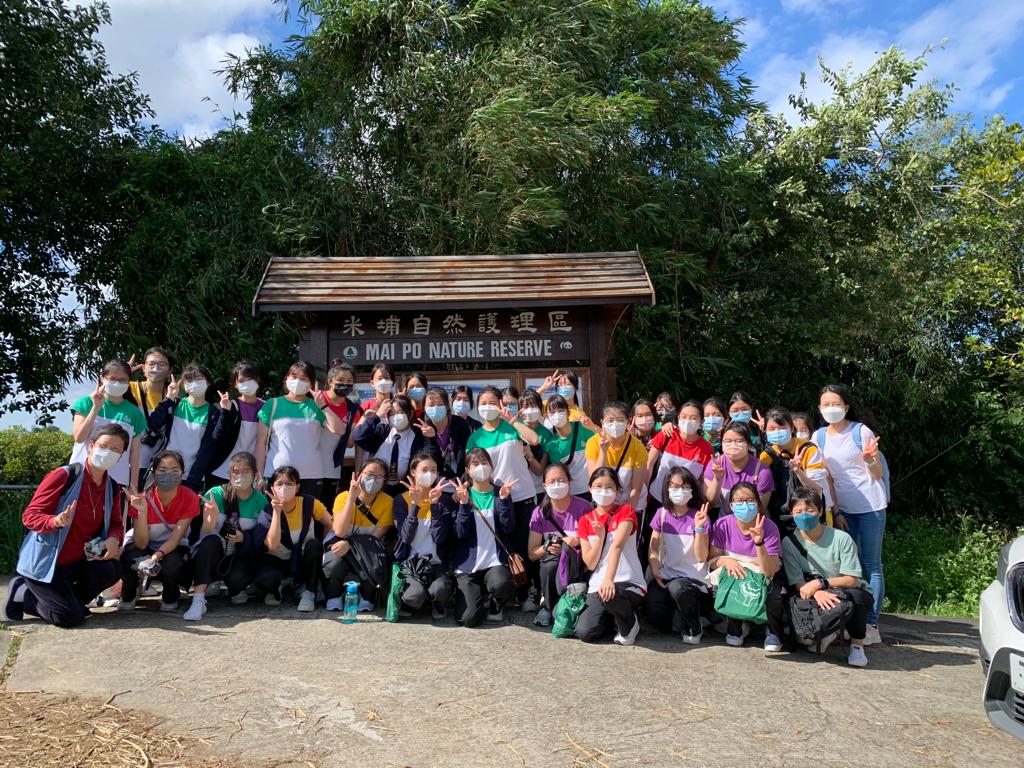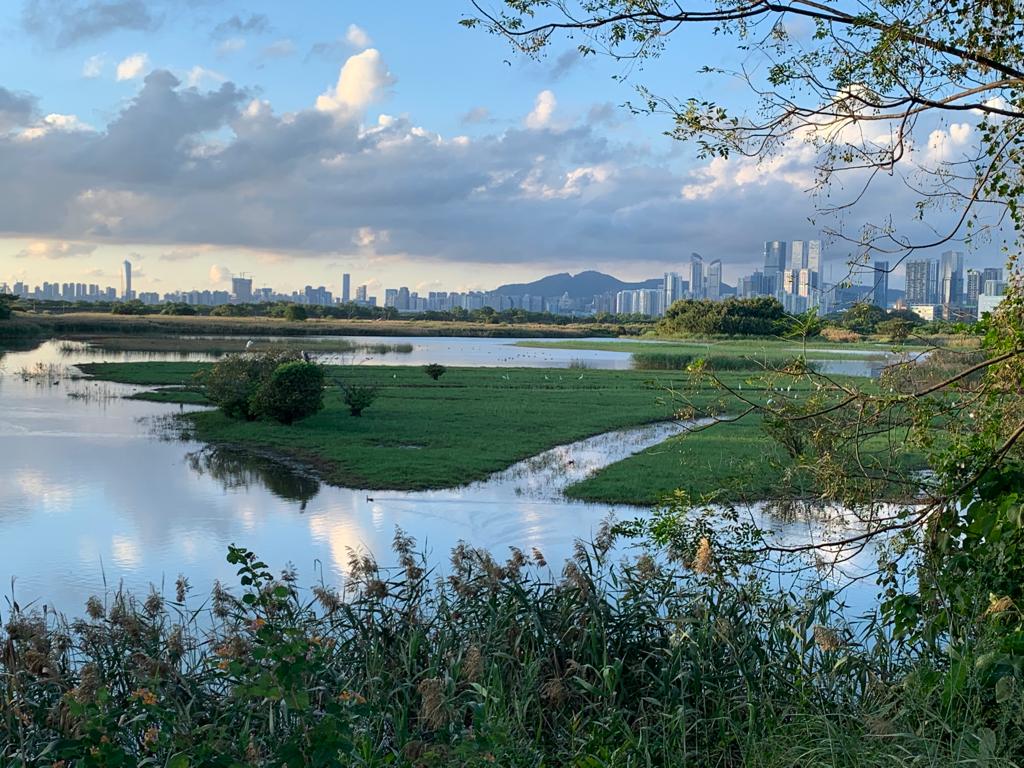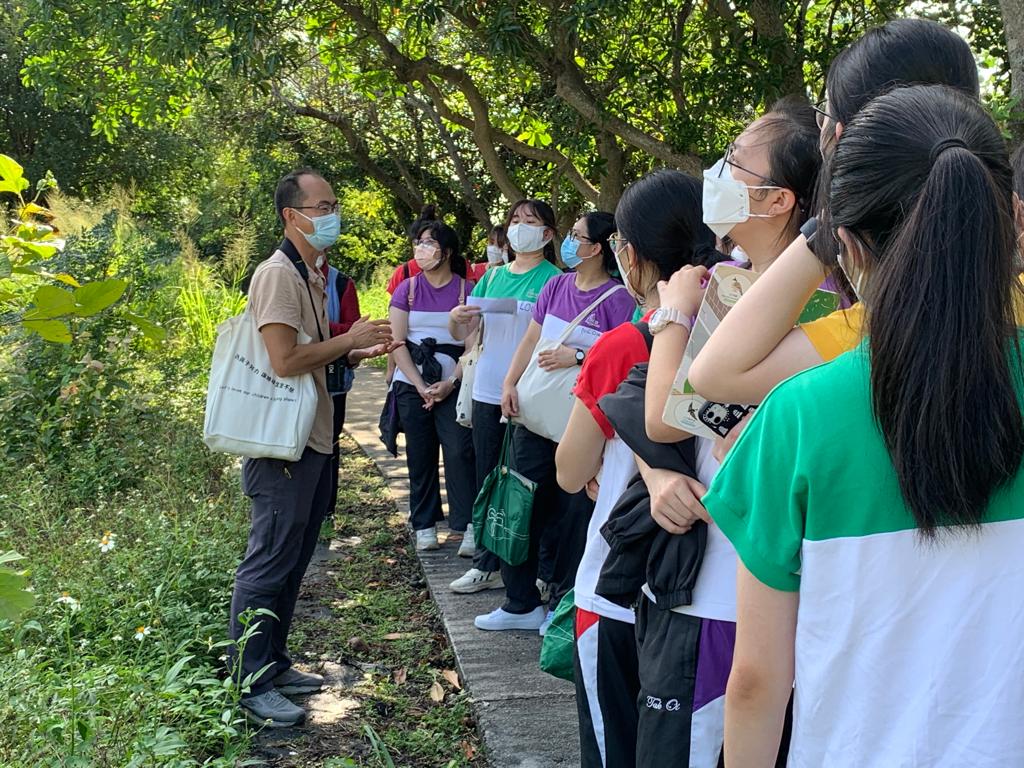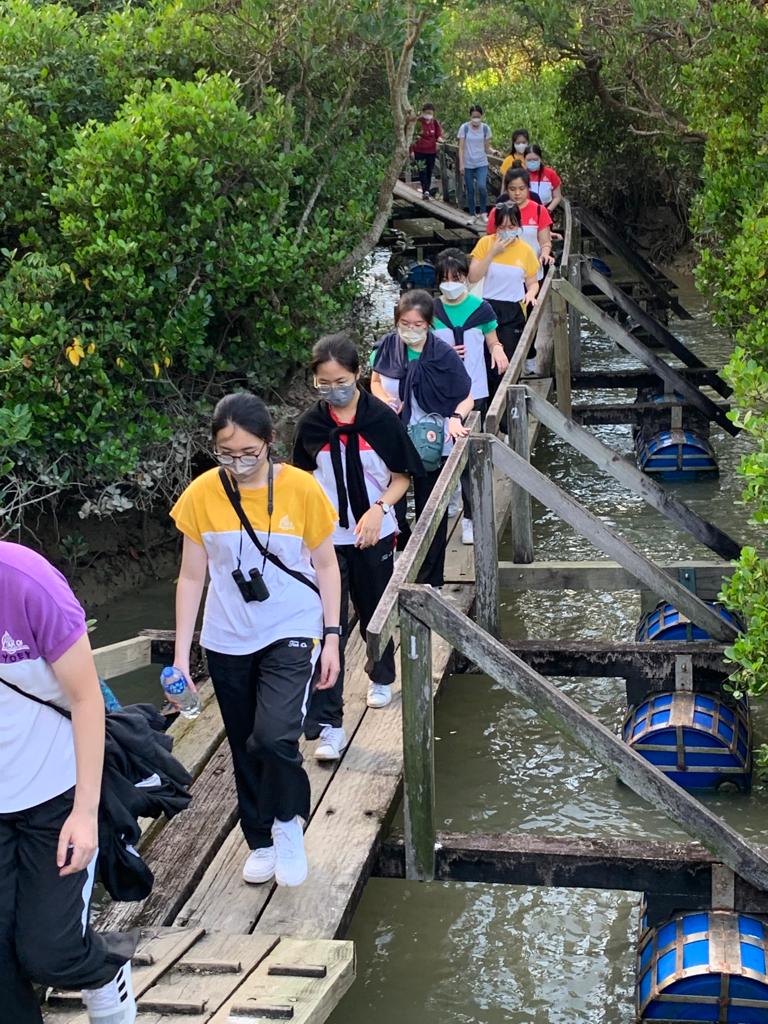Learning objectives
To equip students to:
- acquire knowledge and develop an understanding of biological principles, concepts, terms and facts;
- apply biological knowledge and concepts to familiar and unfamiliar situations;
- show an understanding of the application and uses of biological knowledge in daily life; and
- develop an understanding of current issues and developments in biology.
- recognise the importance of evidence in supporting, modifying or refuting proposed scientific theories;
- develop the ability to think scientifically and creatively;
- acquire an analytical mind to critically evaluate biology-related issues;
- recognise their responsibility for conserving, protecting and maintaining the quality of the environment;
- develop positive values and attitudes towards adopting a healthy lifestyle
Curriculum
| Secondary 3 Curriculum |
-
Food and humans
-
Circulatory systems
-
Diseases
-
Reproduction in humans
|
| Senior Secondary Curriculum |
| Compulsory Part |
- Cell and Molecules of Life
- Genetics and Evolution
- Organisms and Environment
- Health and Diseases
|
| Elective Part |
-
Human Physiology: Regulation and Control
-
Biotechnology
|
Our Team
| Department Head |
: |
Ms. Jamie Lam |
| Department Member |
: |
Ms. Maggie Yu |
Activities
Field trip to woodland in Kadoorie Farm & Botanic Garden
Visit to ‘The Big Eight – Dinosaur Revelation Exhibition
Visit to Mai Po Nature Reserve
.jpeg)
.jpeg)
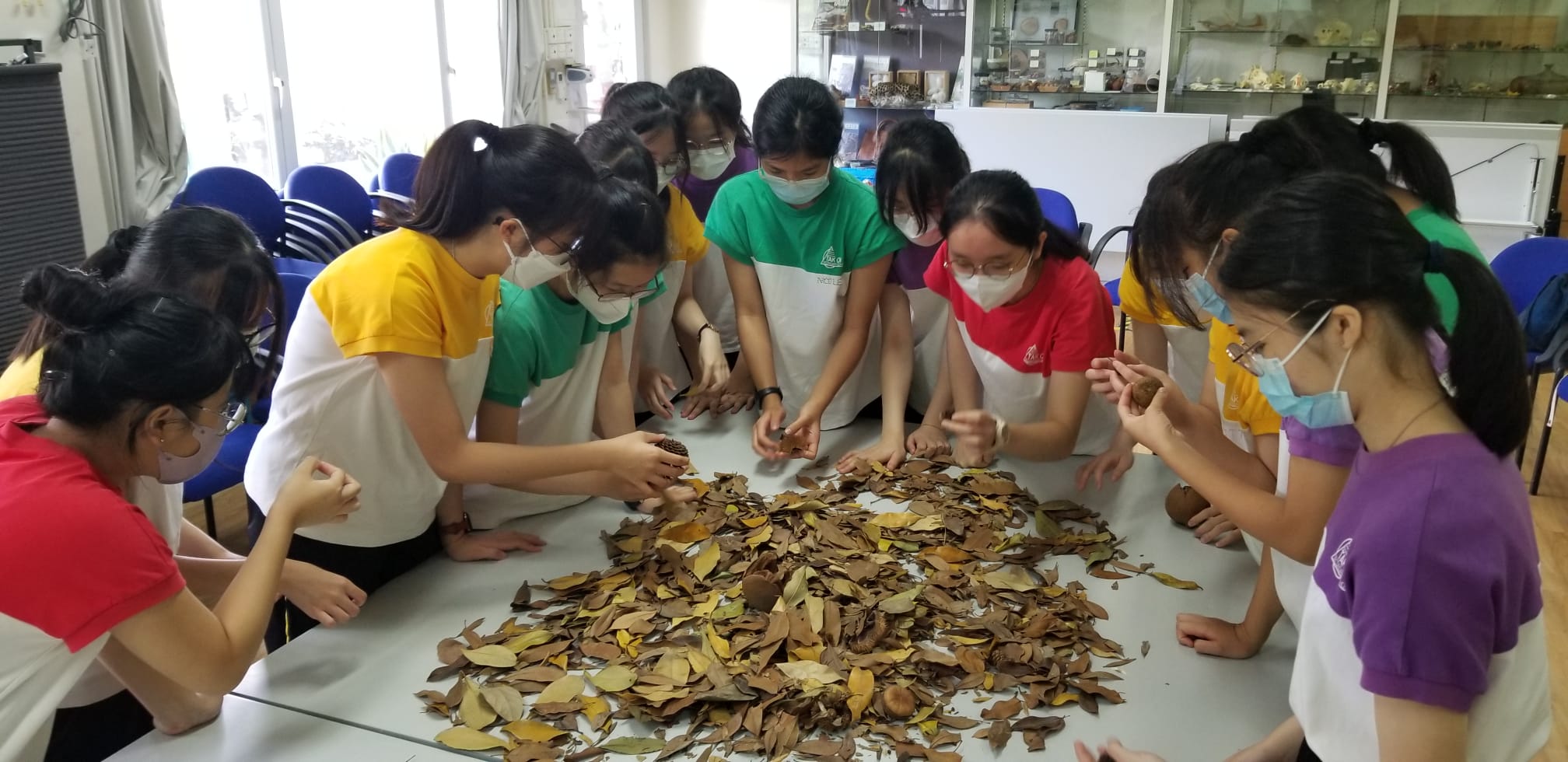
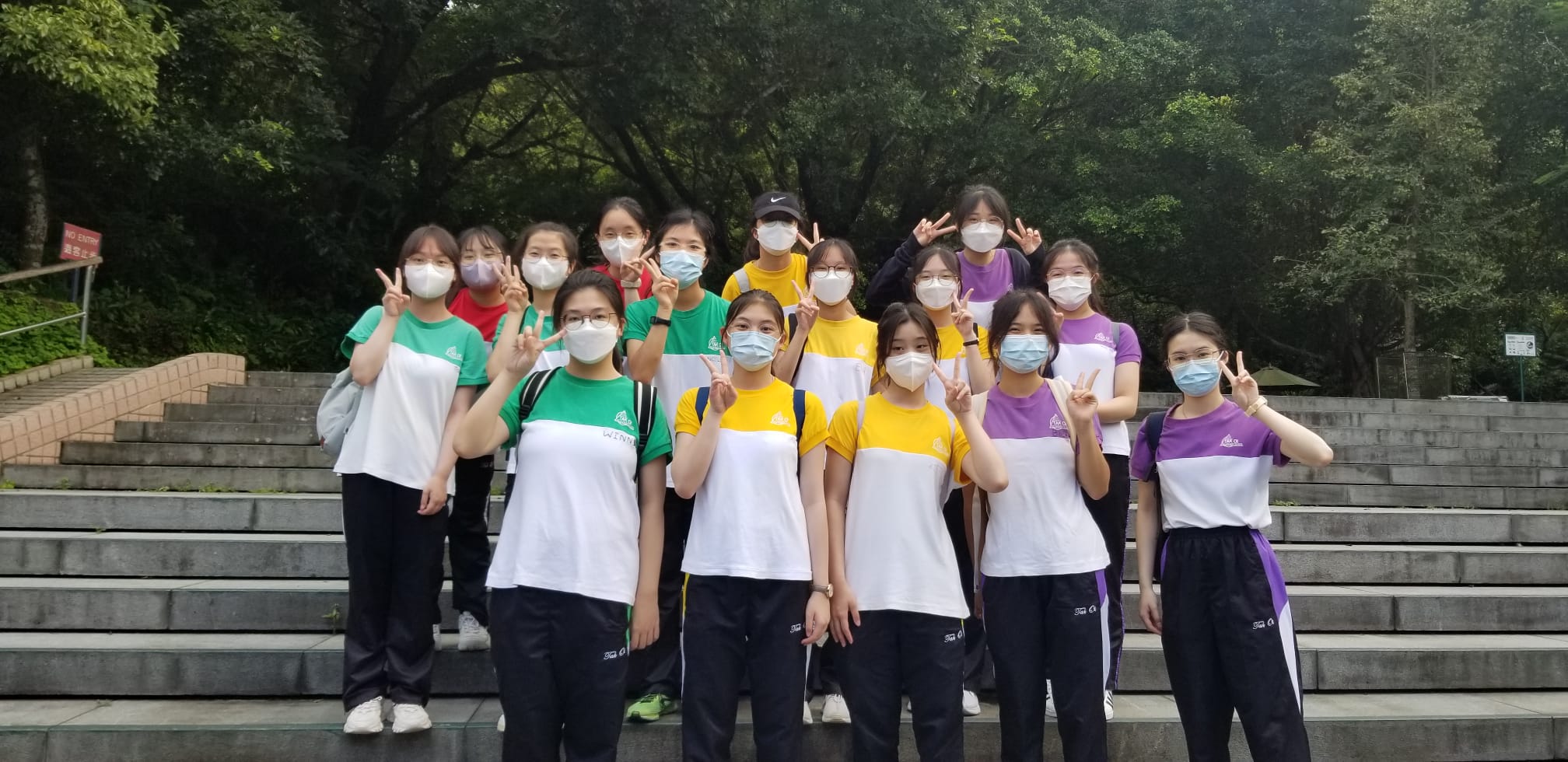
%20(1).png)
.png)
